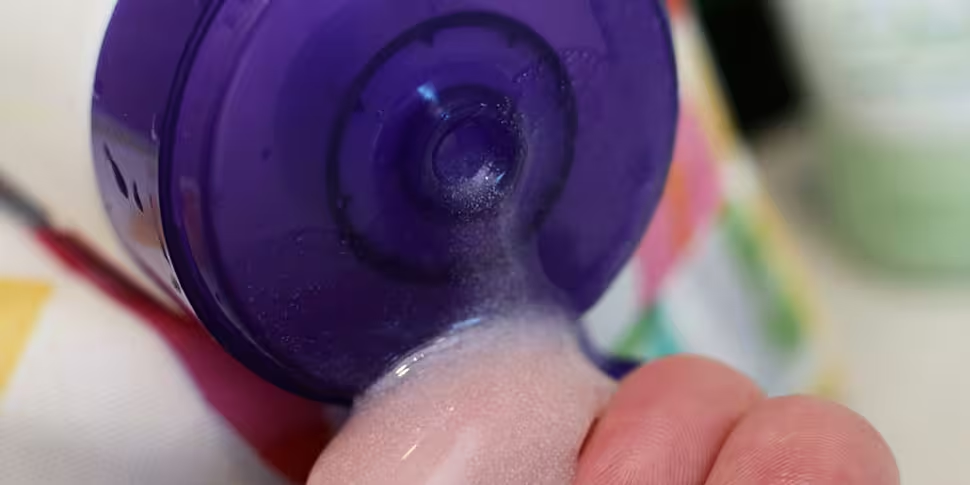A TD has said a new bill designed to ban microbeads has been added to the Government's priority legislation programme.
Hildegarde Naughton is chair of the Oireachtas Committee on Climate Action.
She made the announcement after the Government outlined its priority legislation programme for the summer session, which included the Microbeads Bill.
The priority list is made up of legislation from 13 Government departments and focuses on areas including housing, climate action and the environment, healthcare, social welfare, gender equality, regional employment and judicial matters.
Deputy Naughton said: "It is great to see the Microbeads Bill listed as priority legislation on the Government's programme for the summer session.
"Coming from a coastal county I know all too well the importance of clean oceans.
"Fishing is a huge part of the Galway economy and it sustains communities right around Ireland.
"We have a responsibility to do everything we can to protect and promote this integral Irish industry."
She added: "I have spent recent months working with my colleagues to produce on an all-party report which will feed into the Government's plan on climate action. It is an ambitious report with a range of actions.
"This bill banning microbeads complements these actions in our report.
"The legislation is integral to ensuring the protection of our oceans, by cleaning up the very serious plastic pollution we are currently experiencing."
Heads of the Microbeads Bill were approved by Government last October, and pre-legislative scrutiny has also taken place.
A new study has found that almost three-quarters of fish in the Northwest Atlantic Ocean had plastic in their stomachs.
A 2018 study by scientists at NUI Galway found that 73% out of 233 deep water fish had ingested plastic particles known as microplastics.
Microplastics are fragments created when larger plastic items break down in the ocean, while they can also originate from plastic fibres from clothing or the microbeads found in some cosmetic products.
And the Environmental Protection Agency (EPA) published research in 2017, which it said provided data and evidence on the sources and scale of microplastic pollution in Irish freshwaters.
The research was led by researchers in the Marine and Freshwater Research Centre at Galway Mayo Institute of Technology (GMIT).
It also pointed to a number of potential impacts of microplastics in Irish waters, to both humans and species, such as the freshwater pearl mussel.
Microbeads are already banned in the US, UK and Canada - with similar moves underway in The Netherlands and Italy.









